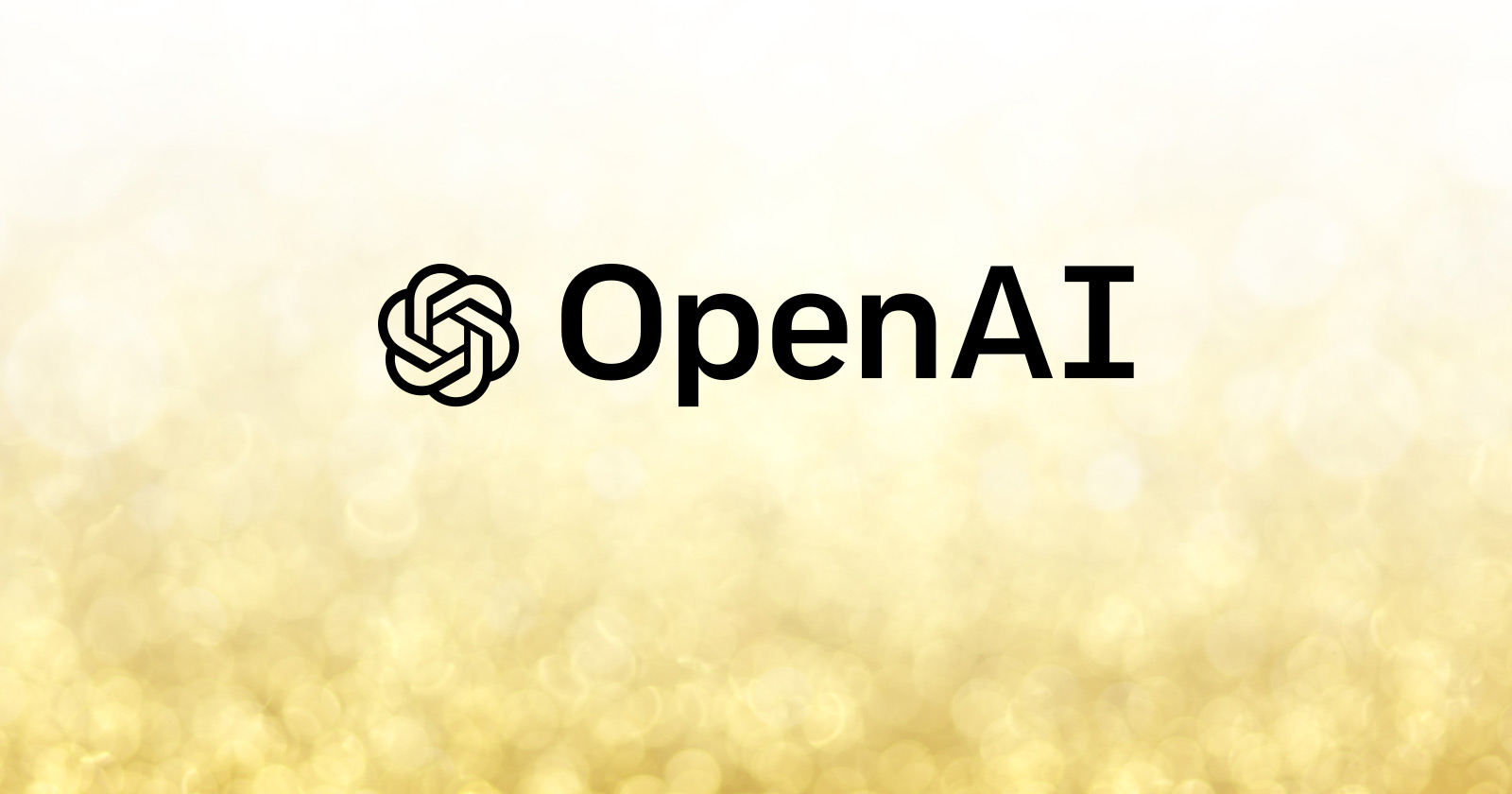OpenAI announced expansion of availability of GPT-4 to all paying API users and the deprecation of older embeddings models. This change provides developers the ability to create even more powerful software and plugins than are available today.
What GPT-4 API is and Why it Matters
API stands for Application Programming Interface, a way of making two software programs interact with each other.
It works like a secure bridge between two software programs that allows them to pass information between the two software.
The GPT-4 API allows developers to create new software that can apply the power of GPT-4 in useful contexts.
This means that more powerful interactions will become available to consumers as more developers gain access.
Availability of GPT-4 to API Users
The announcement by OpenAI means that all developers in good standing with OpenAI have access to the more powerful GPT-4 API.
This development is important because it means that services and products dependent on the API will themselves become more powerful and be able to do more.
According to OpenAI:
“GPT-4 is our most capable model. Millions of developers have requested access to the GPT-4 API since March, and the range of innovative products leveraging GPT-4 is growing every day.
Today all existing API developers with a history of successful payments can access the GPT-4 API with 8K context.
We plan to open up access to new developers by the end of this month, and then start raising rate-limits after that depending on compute availability.
Based on the stability and readiness of these models for production-scale use, we are also making the GPT-3.5 Turbo, DALL·E and Whisper APIs generally available.
We are working on safely enabling fine-tuning for GPT-4 and GPT-3.5 Turbo and expect this feature to be available later this year.”
Chat Completions API
The announcement states that OpenAI will be deprecating the older Completions API and encourages a switchover to the newer Chat Completions API.
The Chat Completions API, introduced in March 2023, allows for more powerful interactions and now accounts for 97% of API GPT usage.
An article published on Medium described the significance of Chat Completions as revolutionary:
“This feature allows developers to describe functions to the AI models, which can then intelligently decide to output a JSON object containing arguments to call those functions.
…It opens up a world of possibilities for creating more interactive and dynamic applications.”
OpenAI’s announcement explained why Chat Completions will become the default:
“…the Chat Completions API’s structured interface (e.g., system messages, function calling) and multi-turn conversation capabilities enable developers to build conversational experiences and a broad range of completion tasks.
It also helps lower the risk of prompt injection attacks, since user-provided content can be structurally separated from instructions.”
OpenAI will retire older models in six months and by January 2024 older completion models will no longer be available.
This is intended to allow developers to update their products and services using the old models to take advantage of the new ones. The same applies to developers using the older embeddings models.
OpenAI Will Cover Financial Cost of Changeover
OpenAI’s statement acknowledges that changing over away from the older models represents a significant change.
They promised:
“We will cover the financial cost of users re-embedding content with these new models.
We will be in touch with impacted users over the coming days.”
OpenAI Continues To Innovate and Improve
OpenAI continues to stay ahead of any competition, enabling the creation and improvement of new products and services by businesses.
This means that consumers downstream will have more powerful tools available to them.
These changes are important because they will allow users to do more with access to GPT-4.
Read the OpenAI announcement:
GPT-4 API general availability and deprecation of older models in the Completions API
Featured image by Shutterstock/Lotus_studio
!function(f,b,e,v,n,t,s) {if(f.fbq)return;n=f.fbq=function(){n.callMethod? n.callMethod.apply(n,arguments):n.queue.push(arguments)}; if(!f._fbq)f._fbq=n;n.push=n;n.loaded=!0;n.version='2.0'; n.queue=[];t=b.createElement(e);t.async=!0; t.src=v;s=b.getElementsByTagName(e)[0]; s.parentNode.insertBefore(t,s)}(window, document,'script', 'https://connect.facebook.net/en_US/fbevents.js');
if( typeof window.sopp != "undefined" && window.sopp === 'yes' ){ fbq('dataProcessingOptions', ['LDU'], 1, 1000); } console.log('load_px'); fbq('init', '1321385257908563');
fbq('track', 'PageView');
fbq('trackSingle', '1321385257908563', 'ViewContent', { content_name: 'openai-gpt-4-api-access', content_category: 'generative-ai news' }); } });

